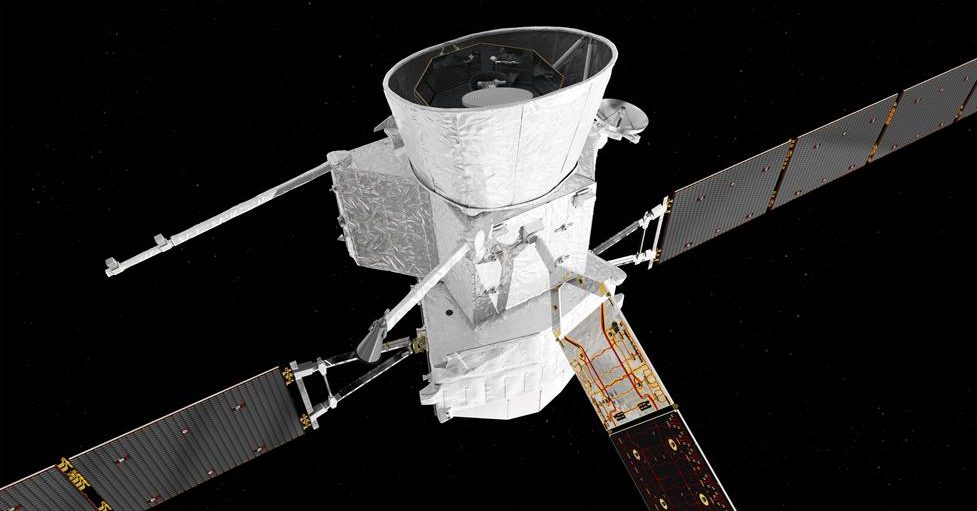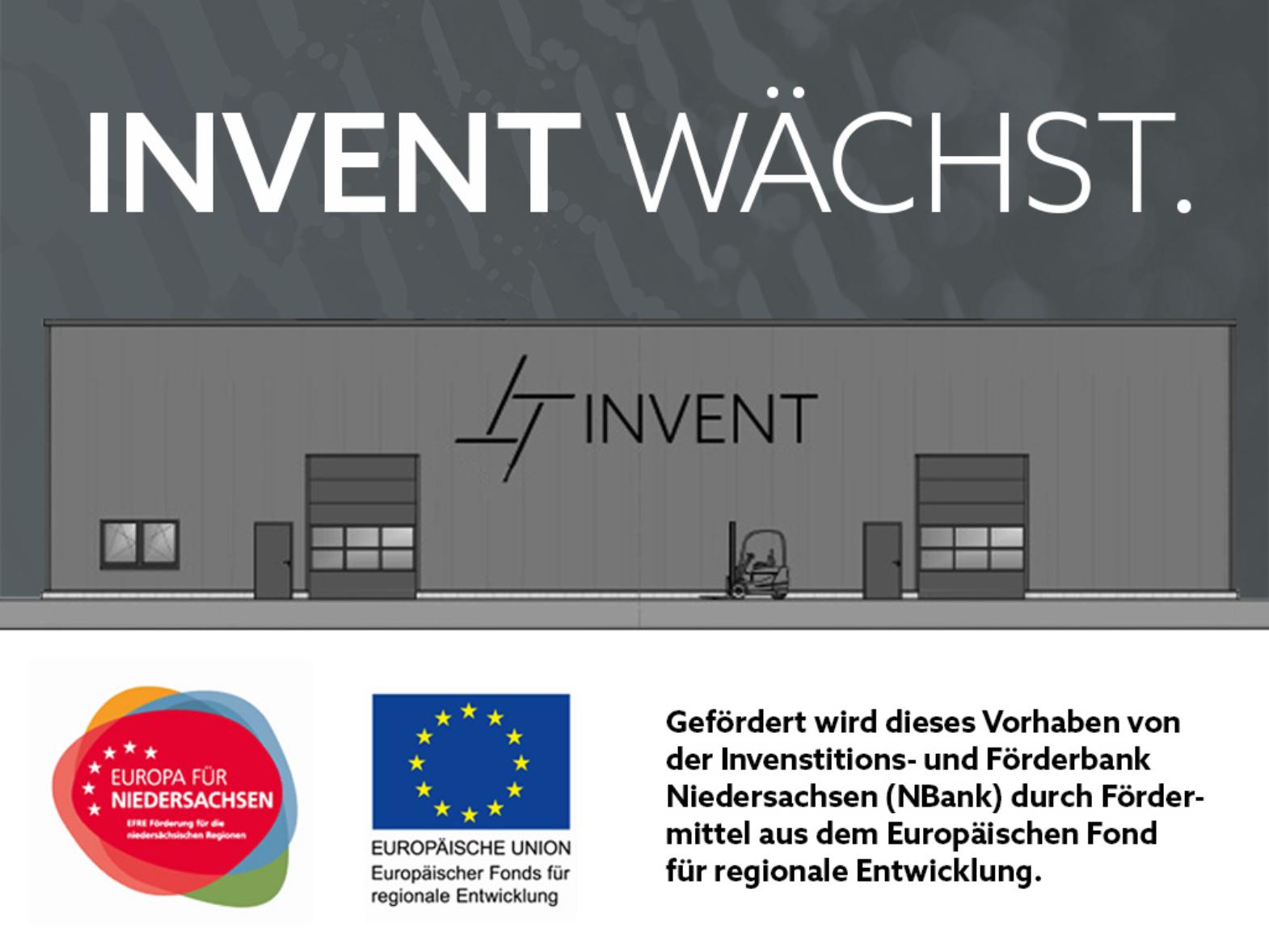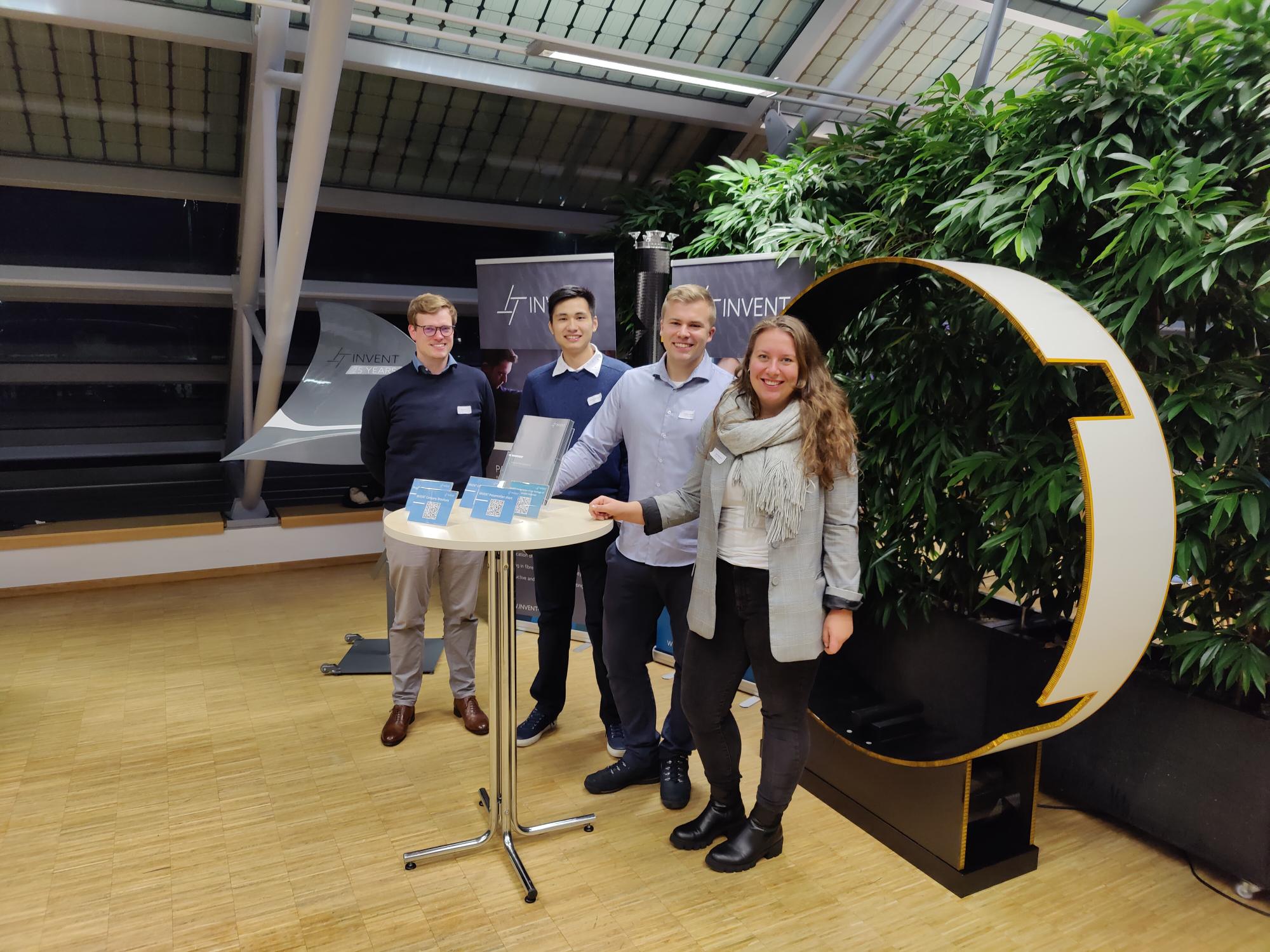Last Saturday, the European-Japanese space probe “BepiColombo” was launched from the Kourou Spaceport in French Guiana, headed for the smallest and least-known planet of our solar system, Mercury. The research project is one of the most ambitious in the more than 40-year history of ESA. The difficult journey of the probe to the targeted orbit of Mercury will take seven years. The research work with the goal of revealing the secrets of Mercury, the planet closest to the sun, can therefore first begin in April 2026.
INVENT’s contribution to the mission is a filigree supporting structure for the BELA (BepiColombo-Laser Altimeter) instrument on board the MPO (Mercury Planetary Orbiter). The laser altimeter primarily serves the purpose of measuring the surface of Mercury. The supporting structure developed and produced by INVENT is made from carbon fibre-reinforced plastic with a gold coating and helps to reduce straylight light in the instrument, thereby improving the measuring accuracy.
For Project Manager Dr Fabian Preller, the launch of “BepiColombo” with the hardware provided by INVENT is something very special: “Interplanetary missions always exert a huge fascination. Furthermore, the exploration of Mercury presents enormous challenges to science and technology. We are very pleased that with our component design and our manufacturing processes, we have been able to create robust solutions for these high demands.”
Figure 1: Space probe “BepiColombo”. Source: esa.int
Figure 2: CFRP mounting for the laser altimeter on the space probe “BepiColombo”. Source: INVENT
Figure 3: Space selfie – “BepiColombo” photographs one of the unfolded solar panels. Source: esa.int






